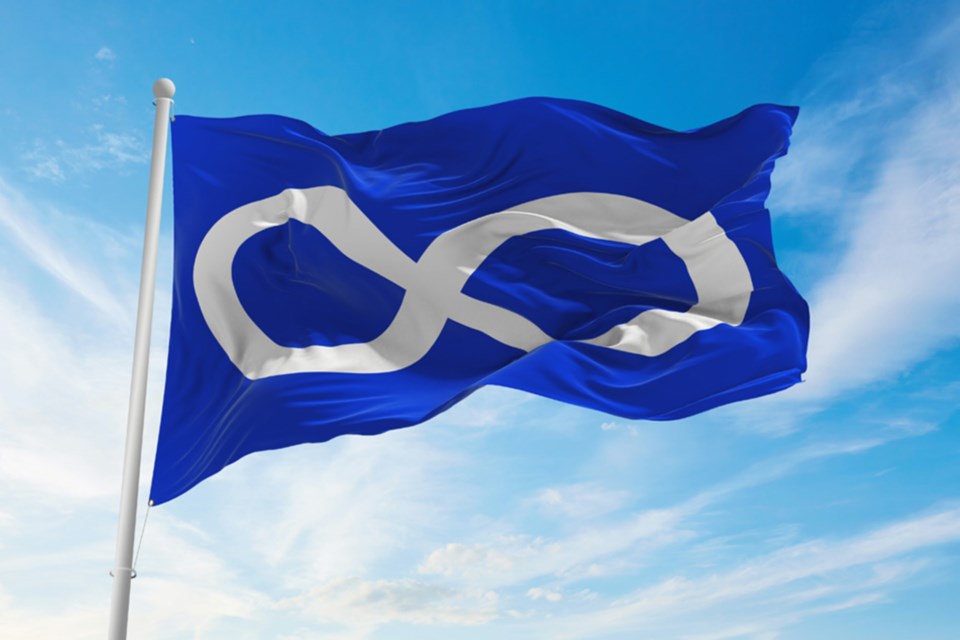First Nations leadership in Ontario is pushing the governance body for Métis people in Canada to make findings of its internal review into so-called historic Métis communities in the province public.
The Chiefs of Ontario issued a release last week, calling on the Métis National Council (MNC) to publicly release three quarterly reports and a final report from its review to allow for scrutiny by First Nations, as well as legal and academic experts. The deadline for the final report was Aug. 30.
The Métis Nation of Ontario (MNO) first announced the identification of six historic Métis communities — in partnership with the Ontario government — in 2017.
The communities identified by the MNO and the province are:
- Rainy River / Lake of the Woods Historic Métis Community
- Northern Lake Superior Historic Métis Community
- Abitibi Inland Historic Métis Community
- Mattawa / Ottawa River Historic Métis Community
- Killarney Historic Métis Community
- Georgian Bay Historic Métis Community
The MNC’s internal review process, which began about a year ago, is being led by an expert panel made up of appointed representatives with knowledge of Métis rights, laws and history. But the Chiefs of Ontario say that the process is flawed due to the involvement of the MNO.
“We are extremely concerned with the roll-out of this internal review, from an MNO member co-drafting the terms of reference and the MNO being able to appoint their own reviewers, to not making any of the findings public. The entire process is pretty bogus,” said Ontario Regional Chief Abram Benedict in the release. “Although we didn’t have high hopes for the outcomes of the review, the lack of transparency is deeply troubling and unacceptable.”
The MNC did not respond to a request for comment made by SooToday earlier this week.
Chiefs of Ontario contend that the existence of individuals of mixed European and First Nation ancestry in the province “does not prove the existence of a distinct, rights-bearing nation,” and are calling for an end to the MNO’s “aggressive and illusory campaign that distorts the historical record to manufacture distinct Métis communities that never existed,” according to the release.
In a statement provided to SooToday, the MNO says the existence of Métis communities and rights in Ontario, particularly in the Upper Great Lakes, is a “well-established fact,” affirmed by the Supreme Court in its unanimous 2003 decision in R v. Powley, the Royal Commission on Aboriginal Peoples and through harvesting agreements which have recognized Métis harvesting rights within Ontario for more than two decades now.
“While inconvenient for some, these are the facts, and to claim otherwise is not only misleading, it’s a-historical,” the MNO said.
Bill C-53 — a piece of federal legislation tabled last year that would affirm Métis rights to self-determination and self-governance in Ontario and Alberta if passed — continues to stoke ongoing criticism from First Nations groups concerned about land and resource rights being usurped by Métis groups without their consent.
The Métis Nation-Saskatchewan was included in Bill C-53 before withdrawing its support of the bill this past April. The legislation, which passed second reading in Ottawa last year, is currently in a holding pattern while the self-government agreement goes back to the Minister of Crown-Indigenous Relations for revision and re-negotiation.
Meanwhile, recent academic studies commissioned by Robinson Huron Waawiindamaagewin (RHW), Wabun Tribal Council and Manitoba Métis Federation have all purported to disprove the existence of distinct Métis communities in Ontario.
Chiefs of Ontario, Anishinabek Nation and RHW have all subsequently passed resolutions and declarations denouncing the MNO. But despite backlash from leadership, the MNO says it owes First Nations in Ontario nothing.
“The facts of history are very clear – Métis communities have existed from Ontario westward for over 200 years. Just as First Nations have no duty to consult with Métis about their existence, the Métis owe no duty to consult with the First Nations,” the MNO said. “We are equally recognized as Indigenous peoples in the Constitution, there’s no hierarchy of Indigenous rights. “This includes the Métis people’s right to self-determination, which includes the exclusive right to determine who its citizens and communities are. This is a fundamental principle of self-determination that is true for any Indigenous people.”
First Nations are now calling for transparency from Ontario and Canada and “genuine, open scrutiny of the MNO’s claims,” and are now pressuring Ontario to release the evidence and analysis used to justify the 2017 identification of the six Métis communities in the province.
The MNO voted to oust thousands of its members last year after a review found that approximately 5,400 MNO citizens have missing documentation and cannot be verified as Métis rights-holders.
